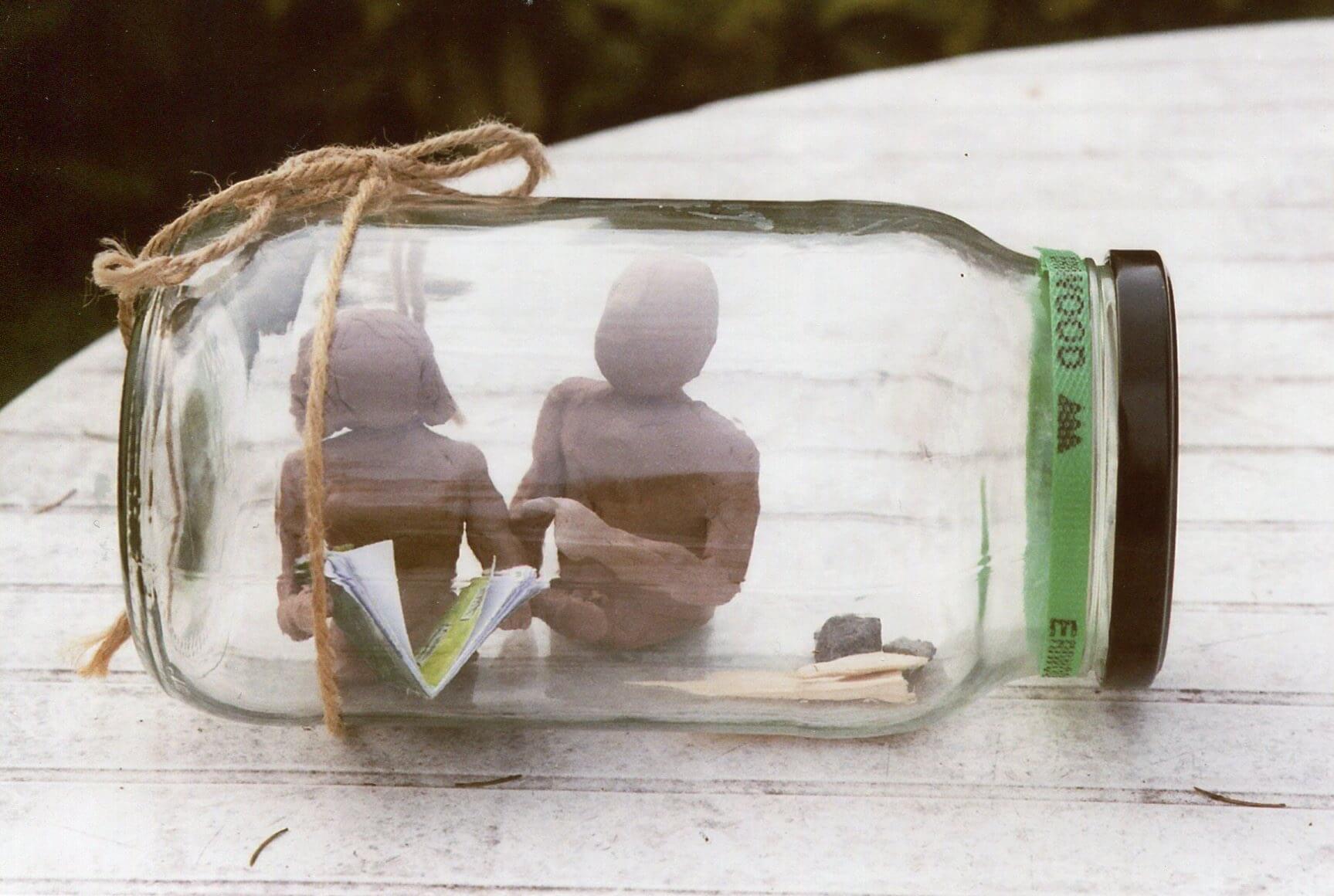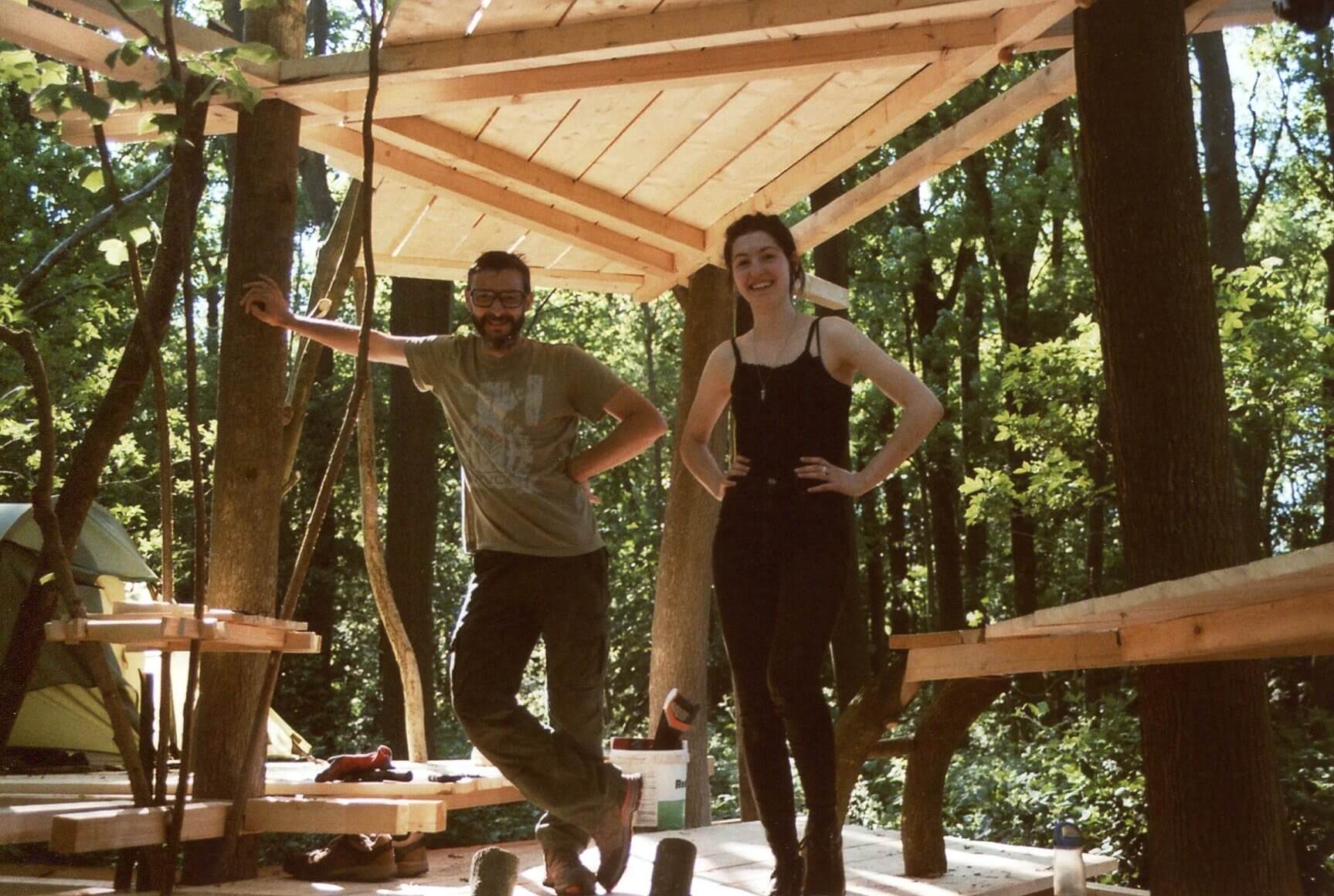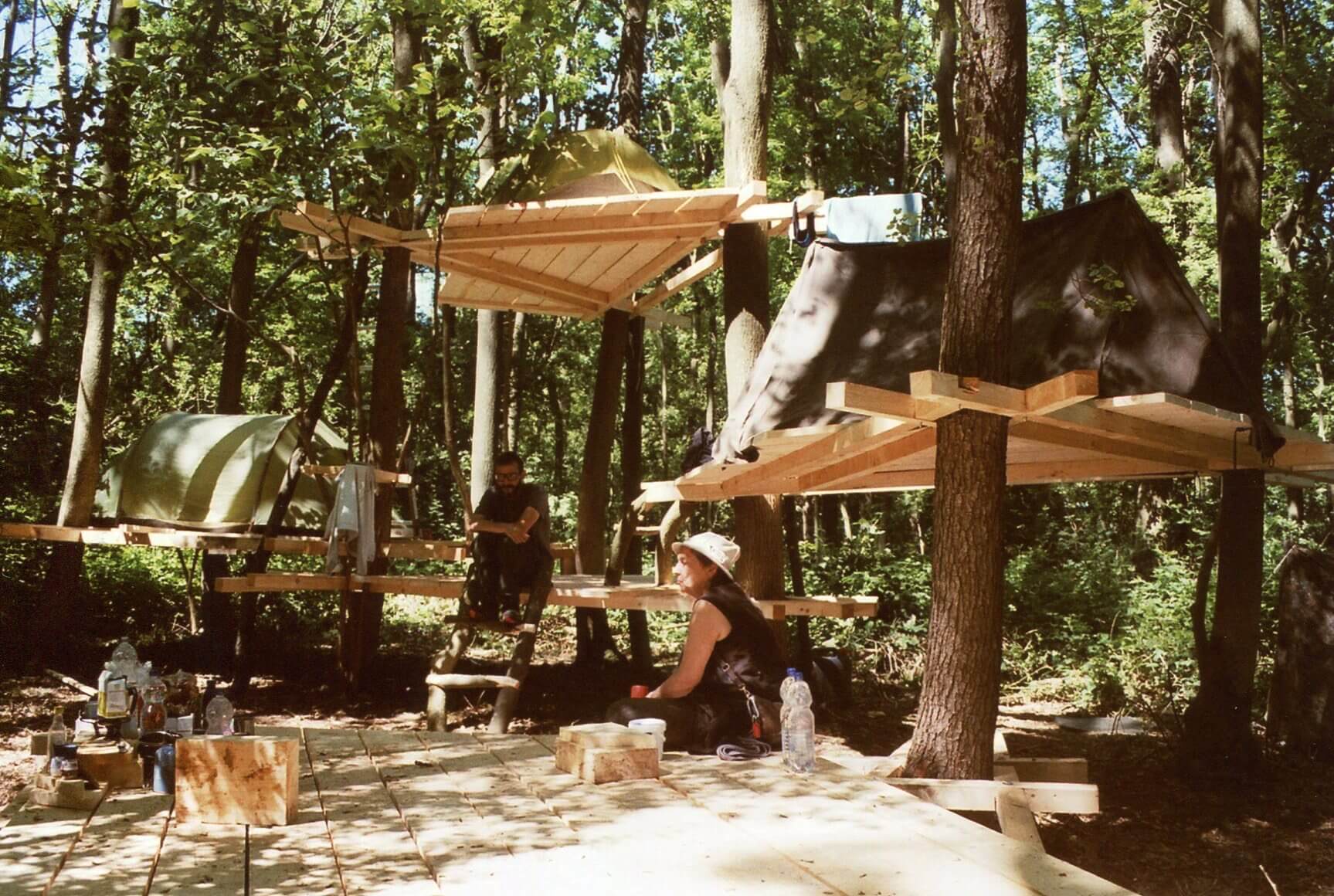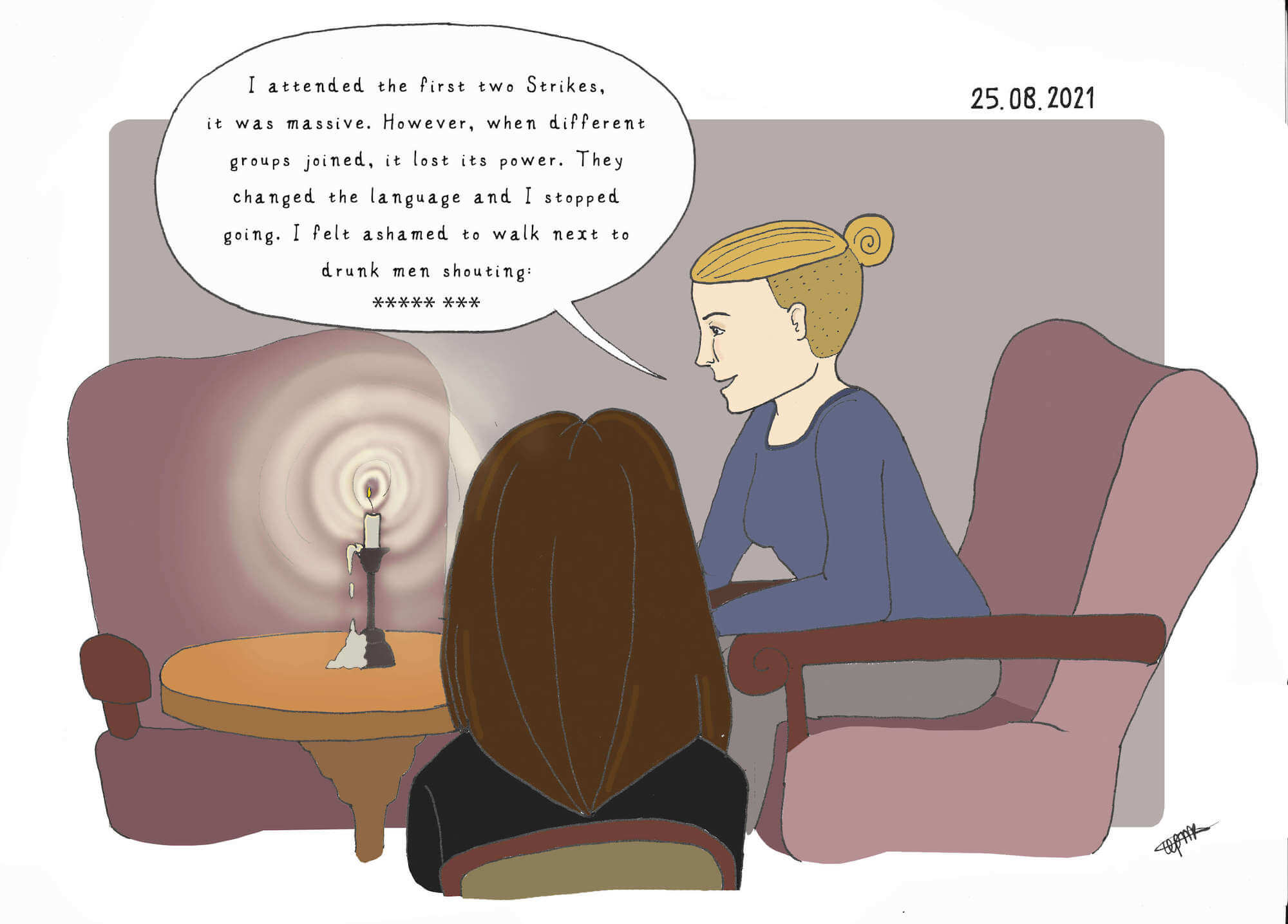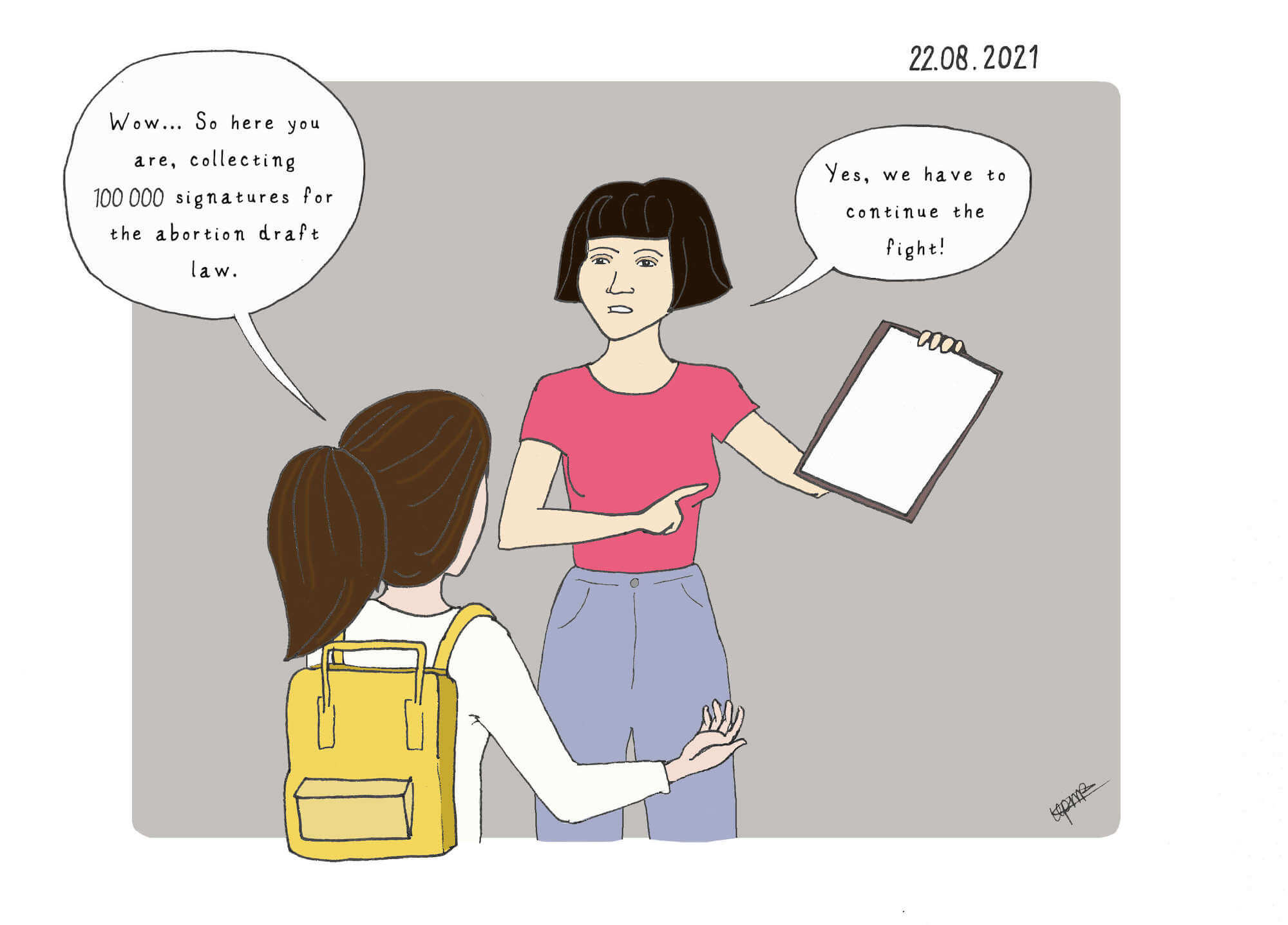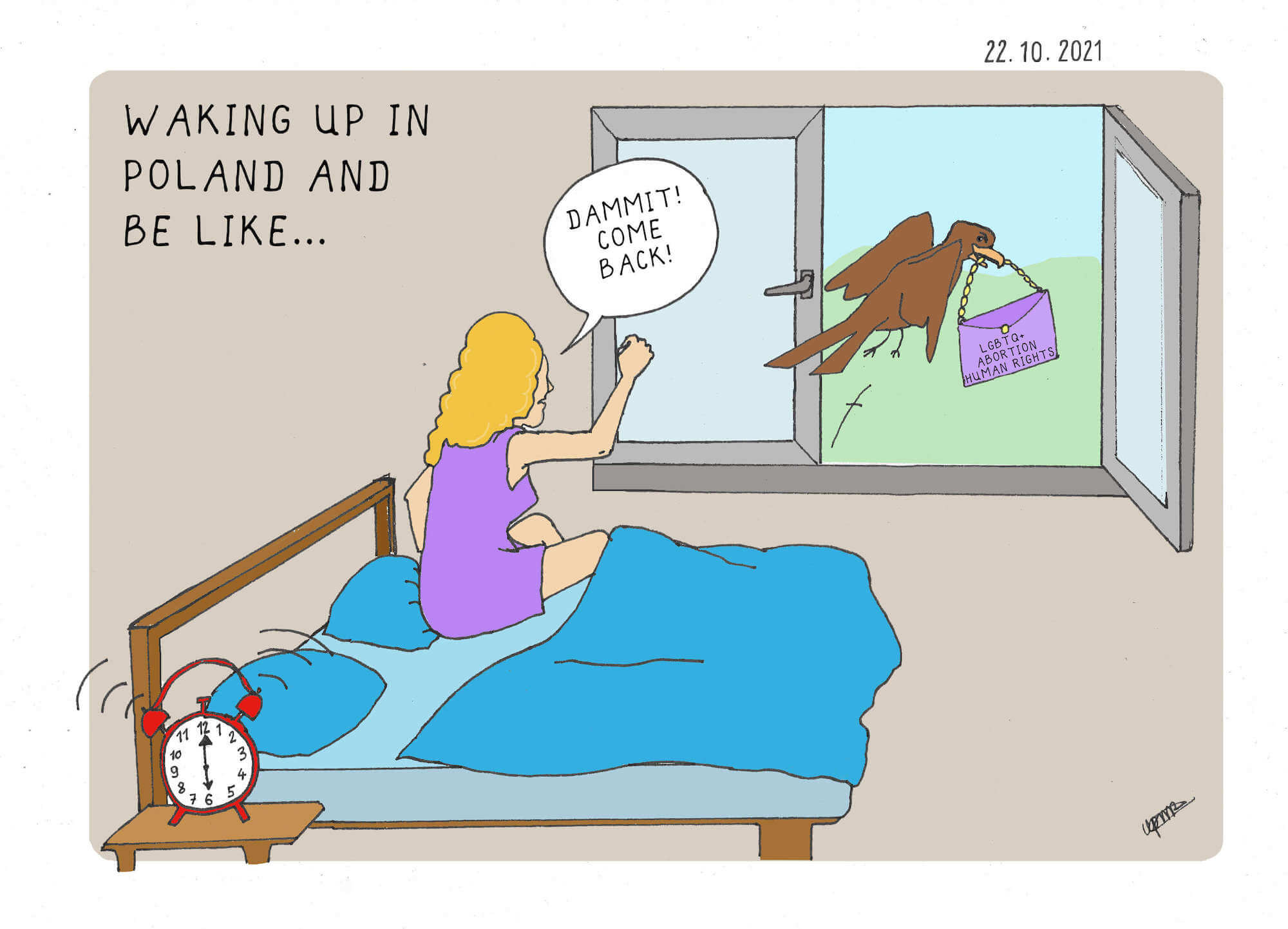Iepke Rijcken received her education at Utrecht University with both her Bachelor and Masters. In 2019, she finished a Bachelor’s in Interdisciplinary Social Sciences. During a research internship in Ethiopia, the impact of power relations, colonial heritage, and inequality became evident to her. Afterwards, she pursued her academic ambitions and interest in power relations with the Master’s programme Cultural Anthropology: Sociocultural Transformation.
Coming from an artistic family, creative expressions have always been part and parcel of her life. With her father as a professional illustrator, her interest in illustrating and visual representations followed naturally. Her interest in music, sounds and movement she learned from her mother, who is a professional musician. Iepke understands words are not all-encompassing, and her in academic work she tries to seek different ways to transfer insights, experiences, and encounters.
